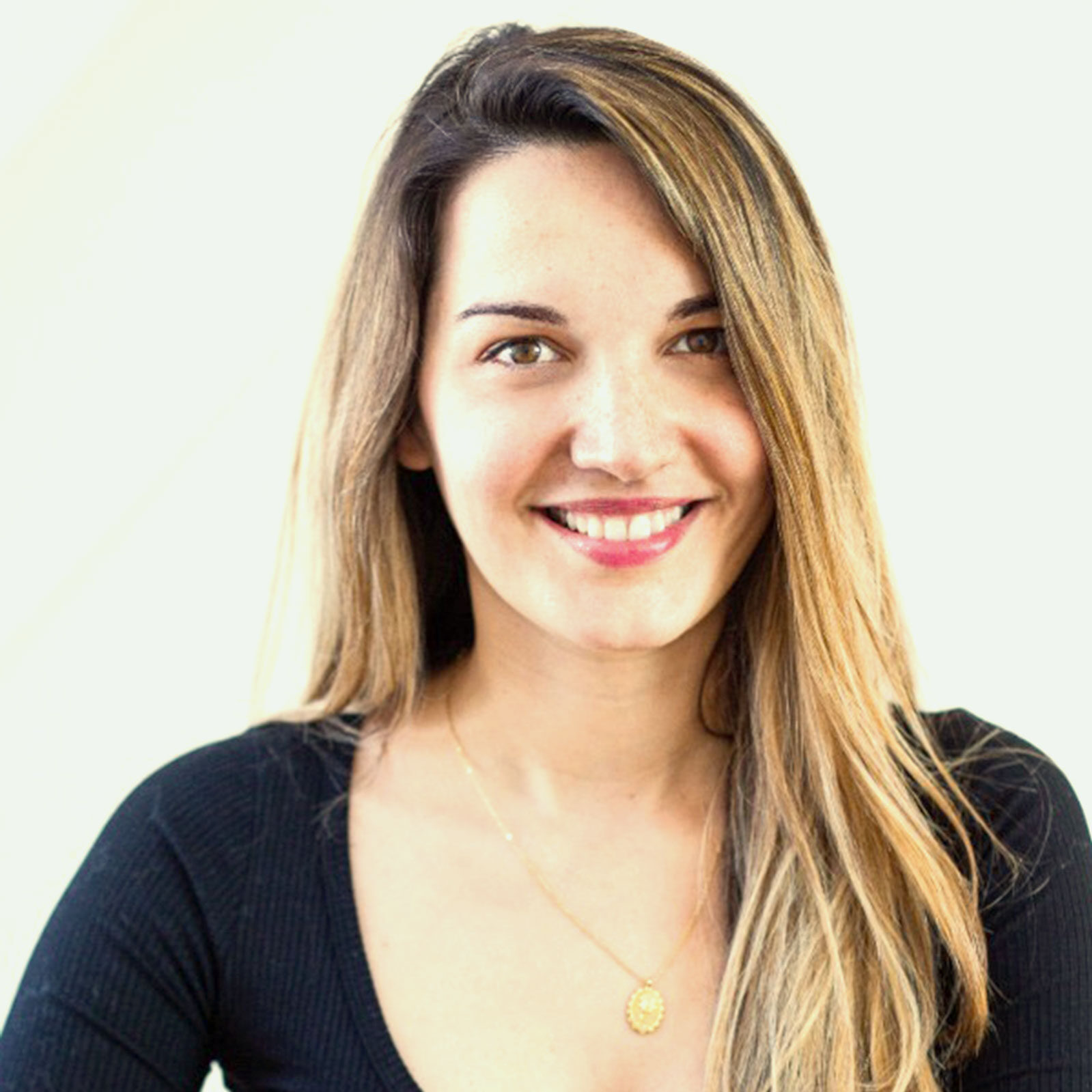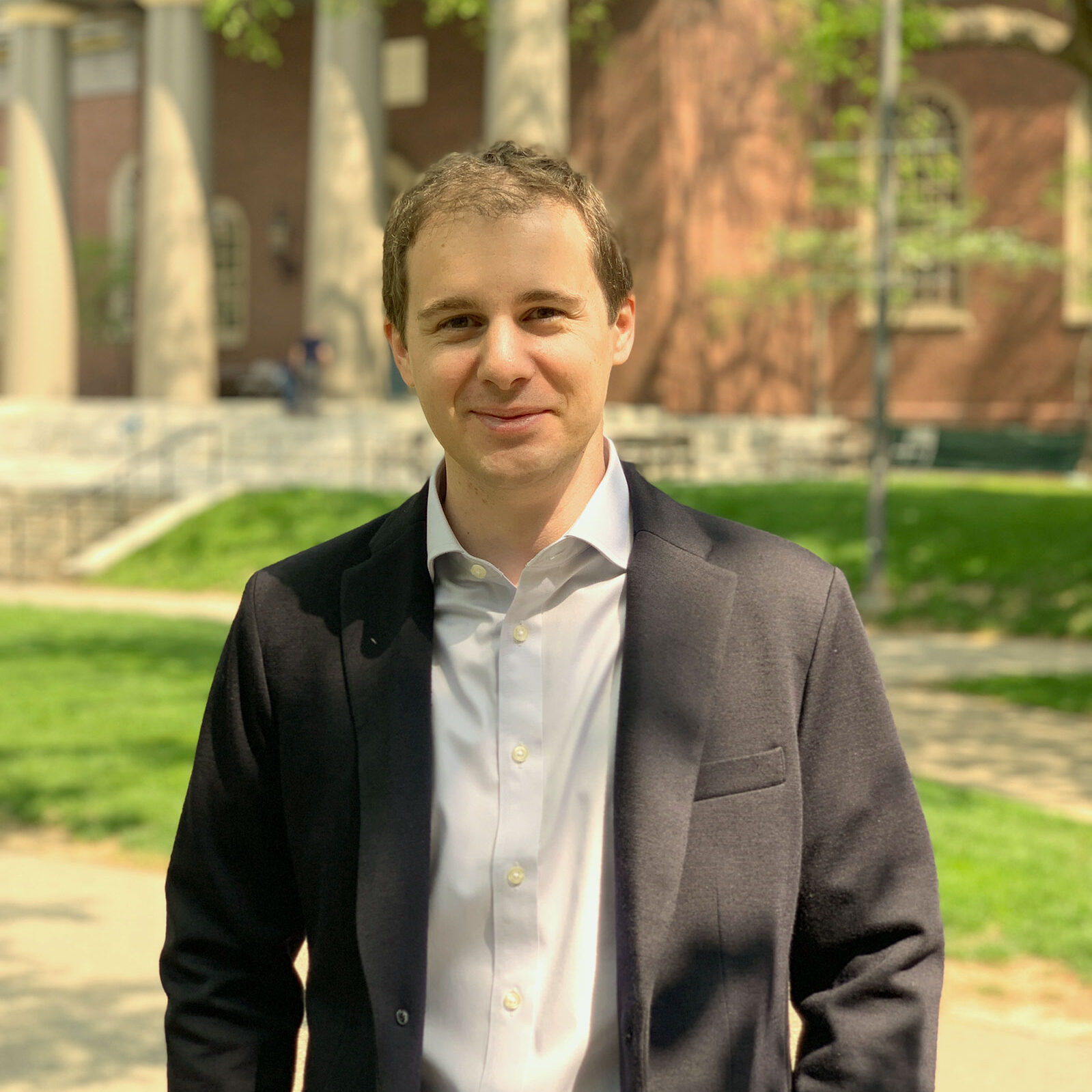How has your HES journey changed or shaped you?
As with most great adventures, how this journey shaped my life’s trajectory was not something I could have ever imagined. When I first set off to pursue my master’s degree in psychology at HES, I anticipated that it would be both a challenging and invigorating experience — and that it was!
I could indulge my lifelong interest and dabble in various subjects, taking classes like Social Psychology and Creativity, and PTSD and Dopamine.
What I could not have imagined was how the years I spent working towards my degree would color almost every aspect of my personal life: brand-new interests, boosted mental resilience, and life-changing encounters that became the unexpected ingredients of the great adventure.
Inspired by the work of Professor Mahzarin Banaji and with the unwavering support of my academic advisors, Dr. Tierney, Dr. Spetter, and Chuck Houston, I took a closer look into social exclusion and implicit racial bias and performed my own study exploring the connection between them. As expected, this was the most intellectually fascinating season of my life.
What I could not have imagined was how the years I spent working towards my degree would color almost every aspect of my personal life: brand-new interests, boosted mental resilience, and life-changing encounters that became the unexpected ingredients of the great adventure.
The melting pot that is Harvard organically created opportunities for me to meet curious, bright minds from around the world, including professors, students, traveling scholars, journalists, museum guards, and more.
Each of these encounters gave me a peek into the disciplines these people were so passionate about, like art, physics, politics, sustainability, and human rights. One of these lucky, unplanned exchanges inspired a newly minted and, I suspect, lifelong relationship with contemporary art with me.
I enjoyed the inspiring talks and the summers spent in Cambridge so much that I decided to take a work opportunity that allowed me to spend some time in Boston. I could take most of my classes in person and meet even more of these exceptional minds.
Another eventually led me to begin my work and friendships with a couple of fascinating displaced women and their families.
The consequences to my personal life did not end there. I enjoyed the inspiring talks and the summers spent in Cambridge so much that I decided to take a work opportunity that allowed me to spend some time in Boston. I could take most of my classes in person and meet even more of these exceptional minds.
My time in Harvard also brought two of my now dearest friends into my life, Ana and Julie. As fate would have it, my work in the US also led to my getting to know the love of my life, my now-husband, Jörn.
And as we are packing our suitcases, about to fly over to the US for my graduation together with our baby daughter Anna Sophia — the Ana above being her godmother! — there’s no doubt in my mind that the experience in HES has shaped my life.
What did you do for your thesis?
In my thesis, I wanted to investigate whether the threat of future social exclusion is associated with an increase in implicit racial bias. Drawing on the works of Professor Mahzarin Banaji and Dr. Jean Twenge, I devised an experiment combining social exclusion threat manipulation and the Implicit Association Test for race.
The findings of my study supported the main hypothesis that the individuals threatened with future social exclusions exhibit temporary elevated implicit racial bias.
What’s something unexpected that you learned about Harvard?
The many resources available to HES students!
What are you going to miss the most about HES?
The lucky, unplanned encounters with bright minds from various disciplines.
Describe your HES experience in one word.
Life-changing.

